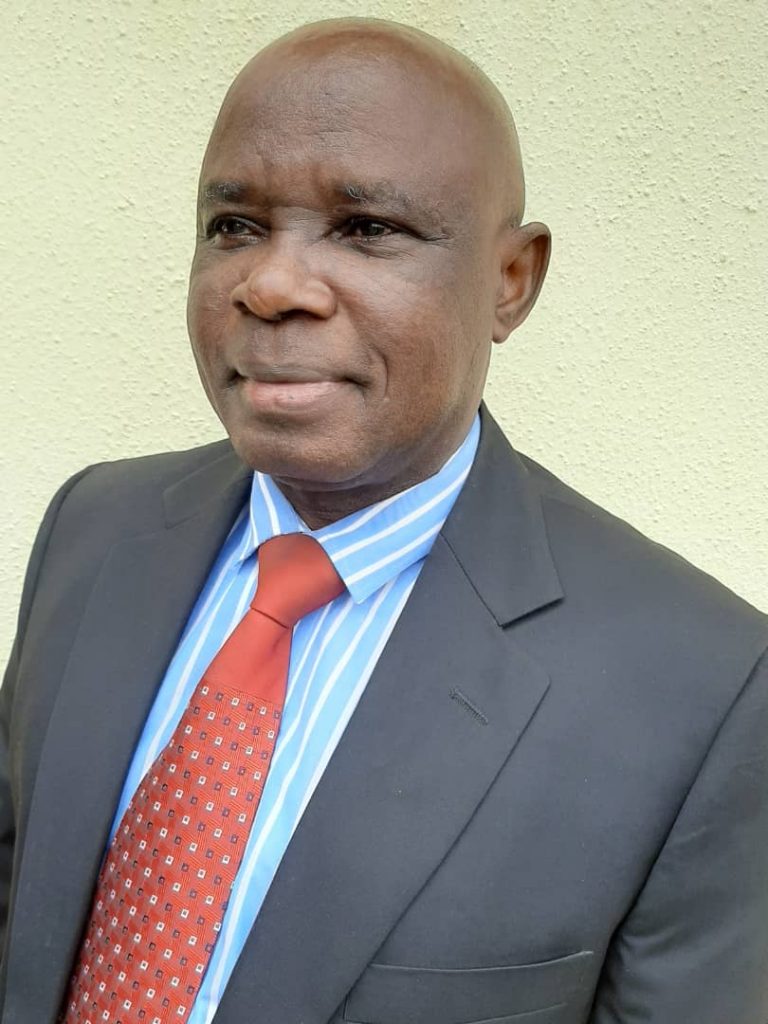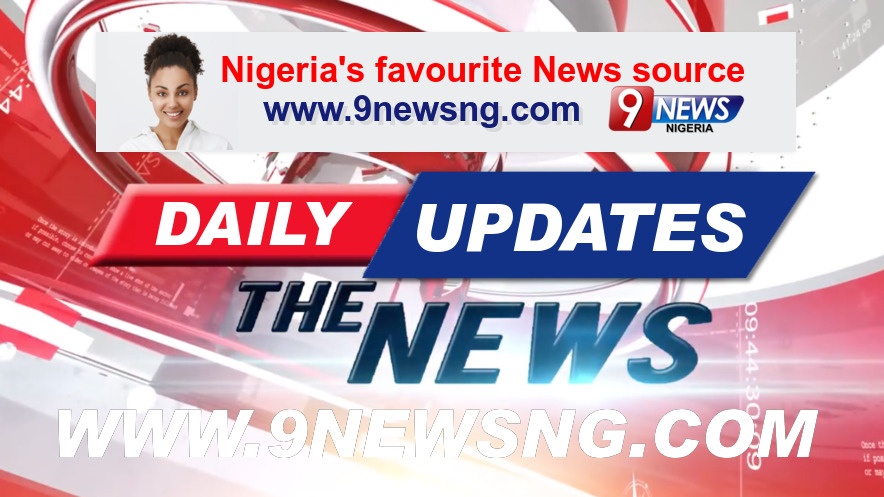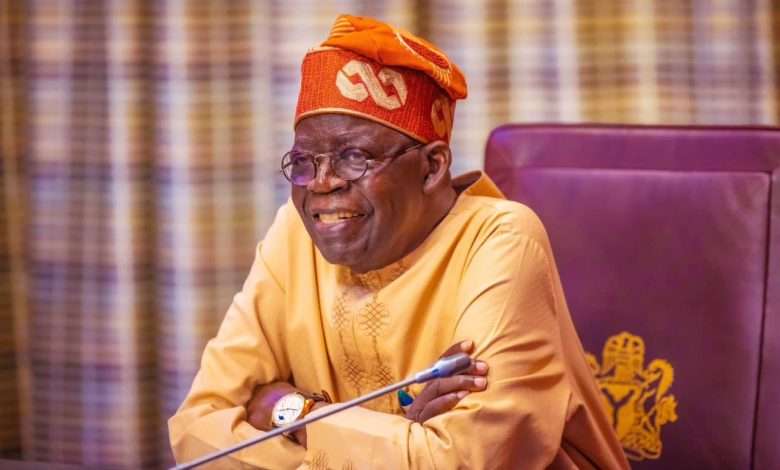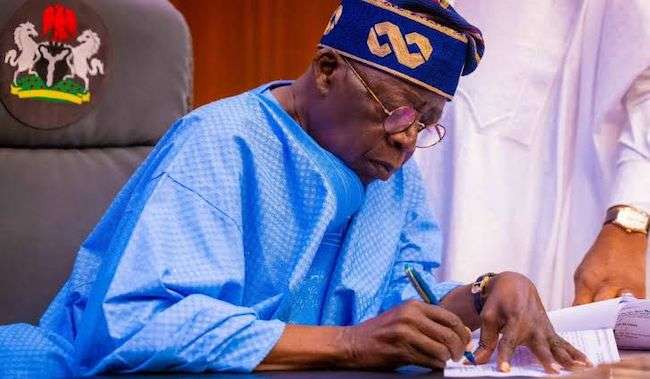A recession is a business cycle contraction when there is a general decline in economic activities. Recessions occur when there is widespread drop in spending as is the case now.
This recession issue is not something to rejoice about or heap blame on any particular government. It is basically a COVID-19 induced recession which is worldwide.
Countries in recession as a consequence of COVID-19 in Europe and Americas include: Austria, Belgium, Canada, Denmark, Estonia, Finland, Hungary, Ireland, Italy, Latvia, Mexico, Netherlands, Norway, Romania, Russia, Spain, UK, & USA.
The economies have contracted between 7.6 percent to 13.8 percent in some of the countries. They are currently finding ways to manage the recession.
In Africa, especially Sub Sahara as the result of the economic fallout of the COVID-19 Nigeria’s real GDP contracted by 6.1 percent year-on-year in the second quarter of 2020—the worst result in more than a decade, thus the recession. It’s been on since June 2020, but government tried to hide.
The signs were there with hike in fuel and electricity tariff in order to raise money when oil production failed and earnings reduced.
South Africa, operating under severe containment measures, saw its real GDP contract by 17.1 percent year-on-year in the second quarter of 2020. Angola, Sub-Saharan Africa’s second largest oil producer after Nigeria, saw its economy contract by 1.8 percent year-on-year in the first quarter of 2020.
Côte d’Ivoire, Ethiopia, Cape Verde, Mauritius and the Seychelles, have experienced a sharp contraction as exceptionally weak international tourism severely impacted their service sector. They are also in recession.
The substantial downturn in economic activity will cost the region at least $115 billion in output losses this year. Gross domestic product per capita growth is expected to contract by nearly 6.0 percent, in part caused by lower domestic consumption and investment brought on by containment measures to slow the spread of the coronavirus.
The issue now is management of the recession. How are Governments, the private sector and the people going to work out strategies to get out of this COVID-19 induced recession.
Our inability to diversify the economy away from dependence on oil for foreign exchange earnings has made it more difficult for Nigeria. Although oil contributes less the 13 percent to GDP, it is over 86 percent of foreign earnings.
It’s going to impact negatively on the purchasing power of the people, there will be increased hardship, as prices of many commodities will go up.
Again, the agricultural sector is a remedy so that food scarcity can be minimised. Things will however improve as international travel opens up and productive activities increase, perhaps in the second quarter of 2021.
Definitely, there will be more hunger if the Management is not dynamic and multi sectoral. The issue of insecurity will no doubt impact on food production if not brought down decisively. Closure of borders is double edged. Its has impetus for local production, but can be a hindrance to emergency regional imports.
As usual people with money do benefit from a recession. As you said, they can mop up food items at cheap prices and resale at higher prices later.
That is why government must in partnership with the private sector manage the exit and protect the vulnerable population. Its a dicey situation, but people with food should not sell all for money as the money made now will not buy them enough food in the next 3 months.
This is the reality.
Professor Ukertor Gabriel Moti, (Professor of Public Sector Management and Governance) ,Department of Public Administration, University of Abuja, Nigeria .












